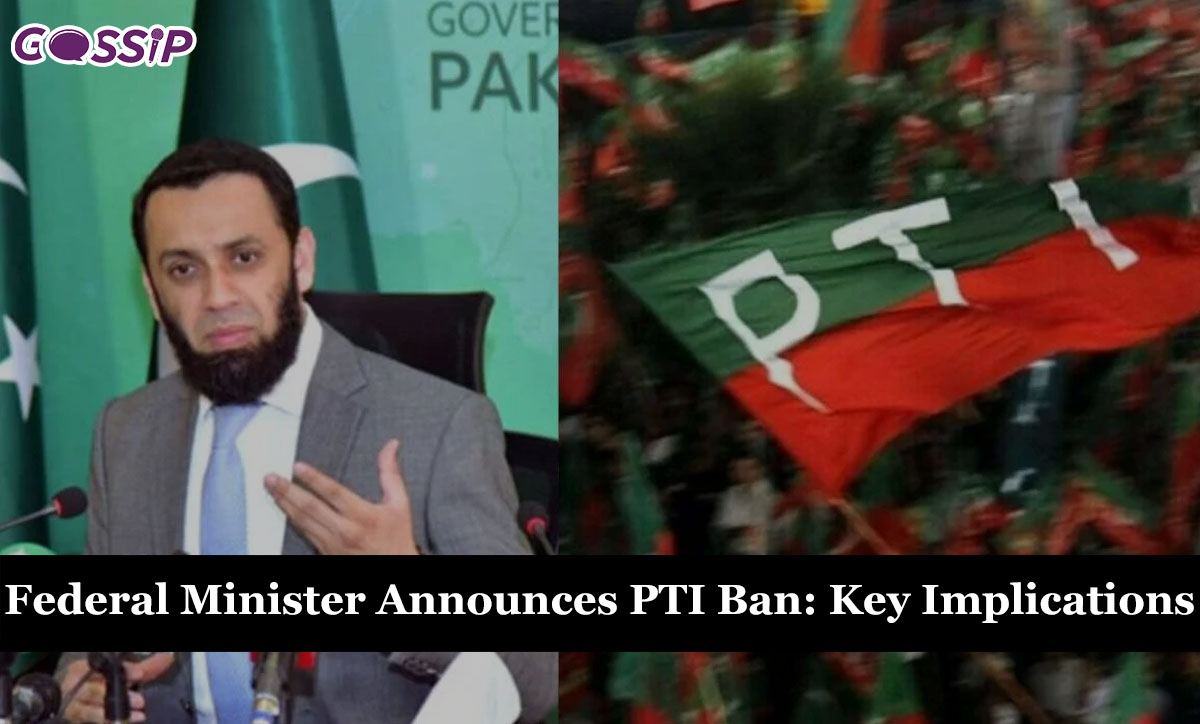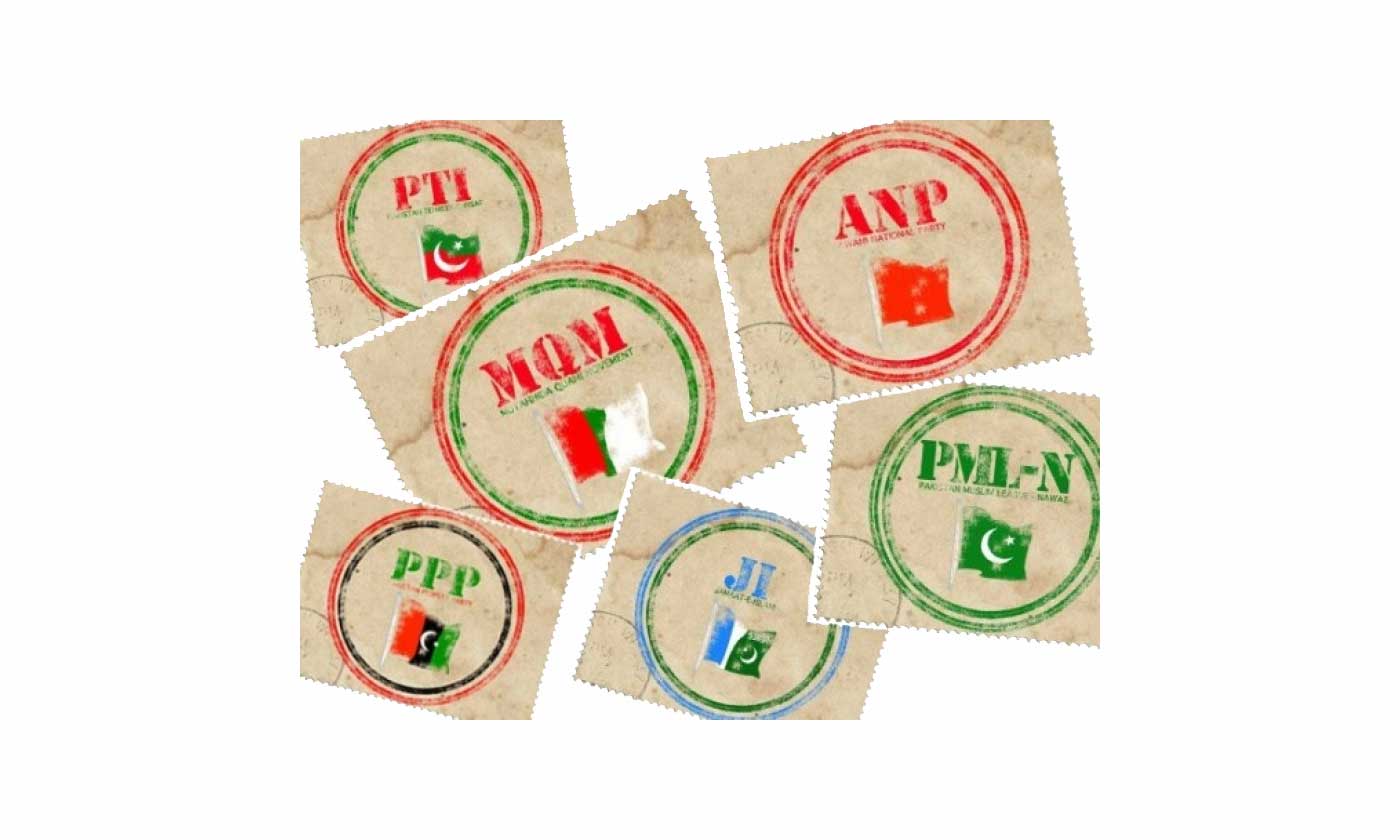Federal Minister Atta Tarar has announced that the government has decided, in principle, to ban the Pakistan Tehreek-e-Insaf (PTI). This decision comes amid intensified government efforts to address issues surrounding the party and its leadership.
A report from Dawn newspaper highlighted that this move follows comments by PTI founder Imran Khan, who allegedly told reporters in Adiala Jail that he had called for protests outside the General Headquarters (GHQ) in case of his arrest. The Federal Minister clarified that while Imran Khan’s legal team and party spokespersons insist he meant peaceful protests, his statement has stirred controversy and strong reactions from political opponents.
Federal Minister Atta Tarar stated on a Geo News program that while the government has reached a consensus to ban PTI, it is waiting for broader agreement among coalition partners before implementing the decision. Previously, the ruling coalition had been discussing this potential ban, in which the Federal Minister plays a pivotal role.
In a related development, the Pakistan People’s Party (PPP) filed a review petition with the Supreme Court, challenging a July 12 verdict that granted reserved seats to PTI and recognized it as a parliamentary party. The PPP, represented by senior counsel Farooq H Naik, argued that the interpretation of Articles 51 (d), (e), and 106 was flawed and that the PTI should not be entitled to these seats. The Federal Minister’s stance aligns with the PPP’s concerns, adding weight to the government’s position.
On July 15, the Pakistan Muslim League (N) also filed a review petition, requesting the Supreme Court to reconsider the legislation concerning the allocation of reserved seats. Three female members of the Muslim League (N) who were elected on specific seats also filed revision petitions.
The PPP emphasized that PTI had not filed any cases with the Election Commission of Pakistan (ECP), the Peshawar High Court (PHC), or the Supreme Court, and therefore, they should not receive relief. The Supreme Court’s brief order on July 12, which annulled the decisions of the Peshawar High Court and the ECP regarding the reserved seats of the Sunni Ittehad Council, allowed 41 candidates to join any political party within 15 days, even if they did not declare affiliation with PTI in their submissions.
The petition argued that the summary order contradicted Rule 92(6) of the Election Rules, 2017, which prohibits independent candidates from changing their party affiliation after initial declaration. The PPP requested the Supreme Court review its decision to reserve reserved seats.
On May 6, the Supreme Court suspended the Peshawar High Court’s March 14 and the ECP’s March 1 decisions, which deprived the Sunni Ittehad Council of seats reserved for women and minorities. The Election Commission rejected the Sunni Ittehad Council’s request for specific seats, citing procedural violations and failure to provide necessary documentation.
The majority of the ECP’s members supported the decision, while a minority opinion disagreed. The PTI later announced its intention to challenge the ECP’s decision, calling it unconstitutional. Federal Minister Atta Tarar’s remarks have further intensified the debate surrounding the future of PTI in Pakistan’s political landscape.



